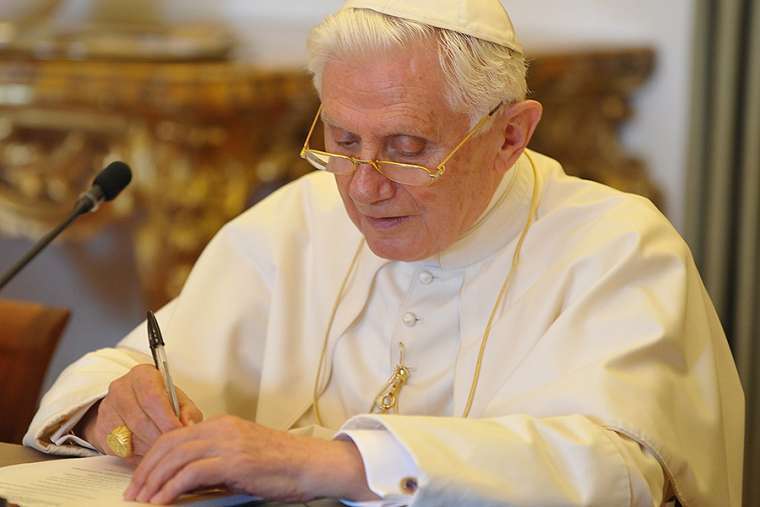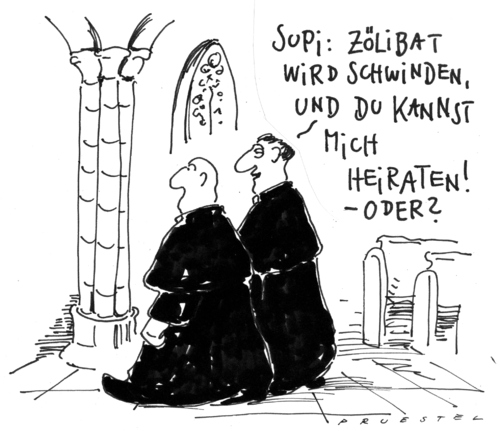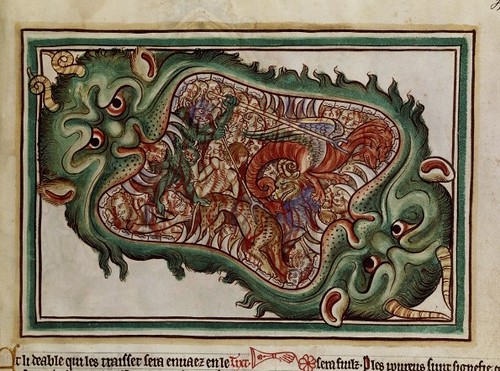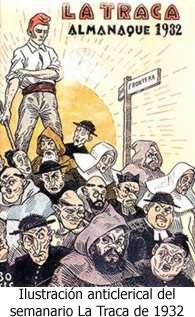In retirement Pope Benedict has written an article for a Bavarian journal for priests on the causes of the sexual abuse crisis. I largely agree, and the article is not an exhaustive catalogue, but there are still some serious omissions.
The causes that Benedict identifies are
- A loss of a lively as opposed to an abstract belief in God.
- The denial of the teaching authority of the Church in matters of morality
- The sexual revolution in the 1960s
- The sole focus on protecting rights of accused priests.
It should be noted that Benedict uses the term pedophilia. This is inaccurate, but is a widespread shorthand for the abuse of young people and I think it is clear that this is what Benedict means. True pedophilia, sexual activity with pre-pubertal children, is rare and in fact declined among Catholic priest in the United States over the past two generations.
To begin with the last cause.
Benedict writes that the Congregation for the Clergy was almost exclusively focused on protecting rights of accused priests to the point that it was almost impossible to get a conviction and a removal from the priesthood.
This is correct and is a result of the clericalism that enabled the coverup. The laity in the church were seen as existing for the sake of priests. The priest’s administration of the sacraments was seen, implicitly or explicitly, as the most important activity that pleased God. If a corrupt priest destroyed the faith of the laity, the priest was still pleasing God by offering the eucharist. I am not sure how explicitly this was articulated, but this attitude encouraged the Congregation for the Clergy to do everything possible to keep priests active in the priesthood. Bishops got the message, and rarely fought the Congregation. Cardinal Wright, despite his checkered career, was one of the few who fought the Congregation to remove an abusive priest.
Benedict says this problem was why sexual abuse cases were removed from the Congregation for the Clergy, where they logically belong, to the Congregation for the Doctrine of the Faith. Abusers were destroying faith of their victims. Benedict cites a peculiarly horrible example. One abuser before he would abuse a girl, said: “This is my body given for you.”
Clericalism definite enabled and encouraged the cover-up of abuse. Benedict does not say that it also enables the abuse by placing priests above criticism in the eyes of the laity, but I think he would probably agree to that.
Benedict also identifies as a cause the lack of a lively faith in God. God had become an abstraction in theological system and clerics lacked what John Henry Newman called a realization of faith: they did not feel that the realities of faith were in fact true, and that God was a transcendent yet present and almost unendurable reality.
The widespread questioning of moral teachings by Catholic theologians also contributed to undermining the authority of the Church’s teaching on sexual morality. I think this is true. Whatever the intentions of the theologians, what many people heard was that all absolutes were gone and that they should engage in their own sexual projects, as their consciences, which they interpreted as their feelings, led them.
As a consequence, many people in the church surrendered to the sexual revolution; nothing was absolutely forbidden, including adult-child sex. The radicals of the 1960s in Germany and elsewhere propagandized for and practiced adult-child sex. Homosexual clubs formed in seminaries. A bishop when he was a seminary rector showed seminarians pornographic films. The first seminary visitation was a farce. All of this is true, and fueled sexual abuse.
But there are two omissions in Benedict’s catalog, one he will never address and one he may or may not have considered, because it concerns a deeper problem.
First: Pope John Paul II refused to deal with sexual abuse beyond a few anodyne remarks. John Paul protected abusers like Maciel and refused to listen to pleas, including from Cardinal Schoenborn, to act. Why?
Second: Sexual abuse did not begin in the sixties. The Holy Office had extensive files from the Counter-Reformation on solicitation in the confessional. St. John Calasanctius founded the Piarists and covered up a bad case of abuse in one of his schools to avoid alienating the Cherubini family which was influential at the Vatican. When the Jesuit archives were uncovered after the French revolution there were many cases of abuse in them.
In many cultures, pederasty is a widespread and accepted practice. By pederasty I mean a sexual liaison between an older man and an adolescent or young man, the type of liaisons that Cardinal McCarrick engaged in. The classical world was full of such relationships. American soldiers who have served in the Middle East have been horrified and disgusted by the practice of man-boy relationships among Muslims, who condemn homosexuality, but do not consider themselves homosexuals when they engage in sex with boys.
The Jews condemned same-sex relationships, and one of the main Jewish objections to Hellenizing was based on the practice of youths exercising in the nude in the gymnasia. The LORD was beyond sex; He had no consort but created by His word. But human procreation participated in the divine creativity and human beings were created in the image of God. Procreation therefore was under a special divine government, and crimes against procreation, such as the sterility of Sodom, were punished by fire. Those who looked back at Sodom were turned into sterile pillar of salt, and those who had been contaminated by it, like Lot, fell into incest.
The abiding male tendency to pederasty is perhaps based upon a narcissism which sees in the young male lost vigor and wishes to identify with it. It is certainly a widespread tendency that crops up in the Church (and elsewhere) – Peter Damian wrote an extensive denunciation of such sins. Societies must cultivate a strong taboo, as strong as the incest taboo, to make this practice almost nonexistent, and clearly the Church has failed to do this. The abuse will continue, and the corruption will encourage silence about true pedophilia (the abuse of pre-pubertal children) and abuse of women and girls. Pope Francis denounces the abuse of children, but he considers sex between adults (and the age of consent has been sometimes very, very young, as low as 7) as a minor peccadillo, so I do not expect any significant reforms during his pontificate.










 \T
\T
